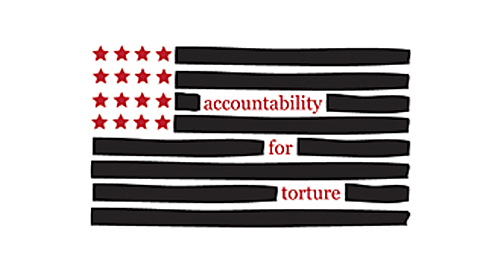Court Agrees Trump Administration’s ICC Sanctions Likely Violate Advocates’ First Amendment Rights
BANGOR, Maine — The U.S. District Court for the District of Maine granted a preliminary injunction in Smith v. Trump, a lawsuit brought by two U.S. human rights advocates who are challenging the Trump administration’s executive order imposing sanctions on officials of the International Criminal Court (ICC). The court issued the order after concluding that the advocates were likely to succeed on their claim that the speech restrictions imposed on them by the executive order violate the First Amendment.
As the lawsuit explains, these sanctions violate the First Amendment by prohibiting the advocates, and other Americans like them, from communicating with the ICC’s Office of the Prosecutor, including by providing legal advice, expert analysis, and evidence. Matthew Smith and Akila Radhakrishnan are suing because the sanctions forced them to stop working with the ICC’s Office of the Prosecutor and indefinitely paused their efforts to hold leading rights violators accountable for horrific crimes.
“Preventing our clients and others like them from doing critical human rights work with the ICC is unconstitutional, and we’re heartened that the court saw that as well,” said Charlie Hogle, staff attorney with the ACLU’s National Security Project. “The First Amendment does not allow the government to impose sweeping limits on what Americans can say and who they can say it to.”
Under the executive order, people in the U.S. who’ve devoted their lives to seeking justice for the victims of atrocities — like the genocide of Myanmar’s Rohingya people, or gender-based violence committed against Afghan women under the Taliban — could face stiff penalties simply for exercising their constitutional right to engage and advocate with ICC investigators and prosecutors.
The international community, including the United States, established the ICC in 1998 to help maintain international peace and security. The ICC investigates and prosecutes crimes of the severest magnitude — including genocide, crimes against humanity, and war crimes — when domestic courts are unwilling or unable to do so. Today, 125 countries have joined the ICC’s founding treaty, known as the Rome Statute. As the lawsuit explains, although the United States has not ratified the Rome Statute, it has supported the ICC’s critical work on a wide range of matters.
This lawsuit was filed in the United States District Court for the District of Maine by the ĚÇĐÄVlog and ĚÇĐÄVlogof Maine on behalf of Matthew Smith and Akila Radhakrishnan. In 2020, when President Trump imposed similar sanctions, the ĚÇĐÄVlogsued on behalf of human rights experts who were forced to stop working with the ICC. Our clients withdrew their lawsuit when President Joe Biden rescinded the sanctions, but a federal court in a separate suit agreed the sanctions likely violated the First Amendment.



